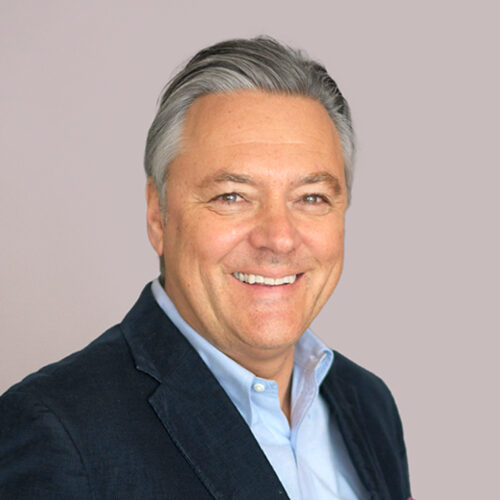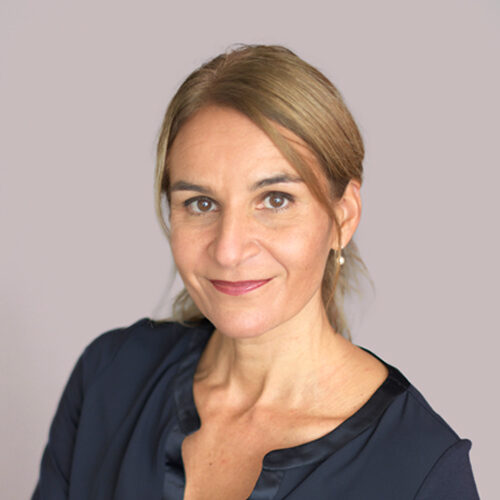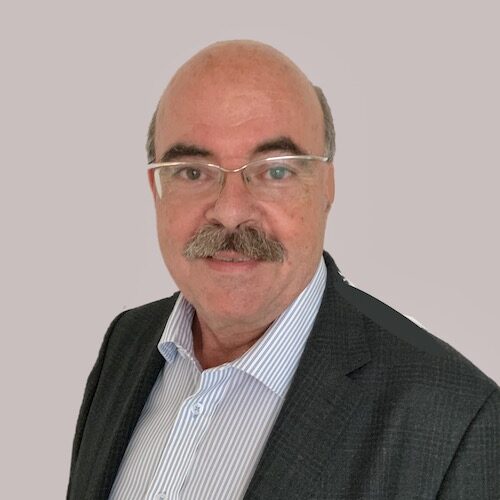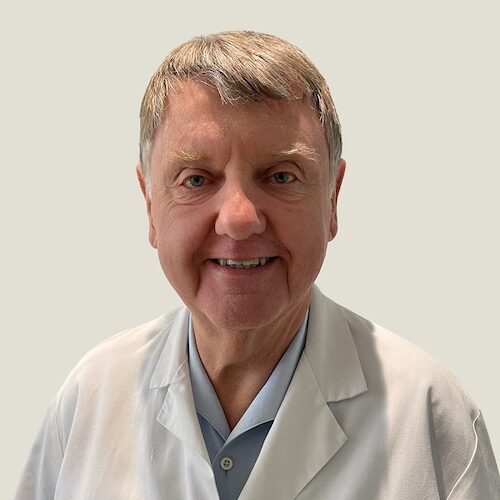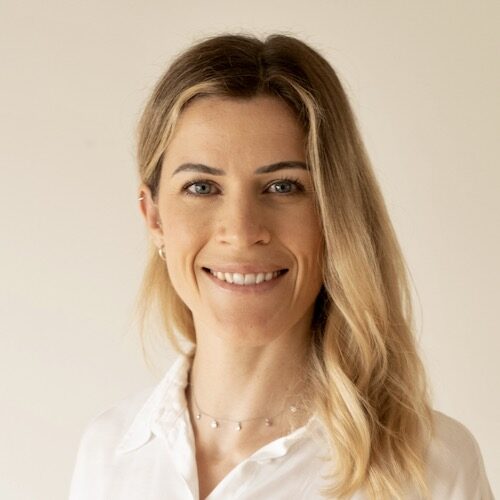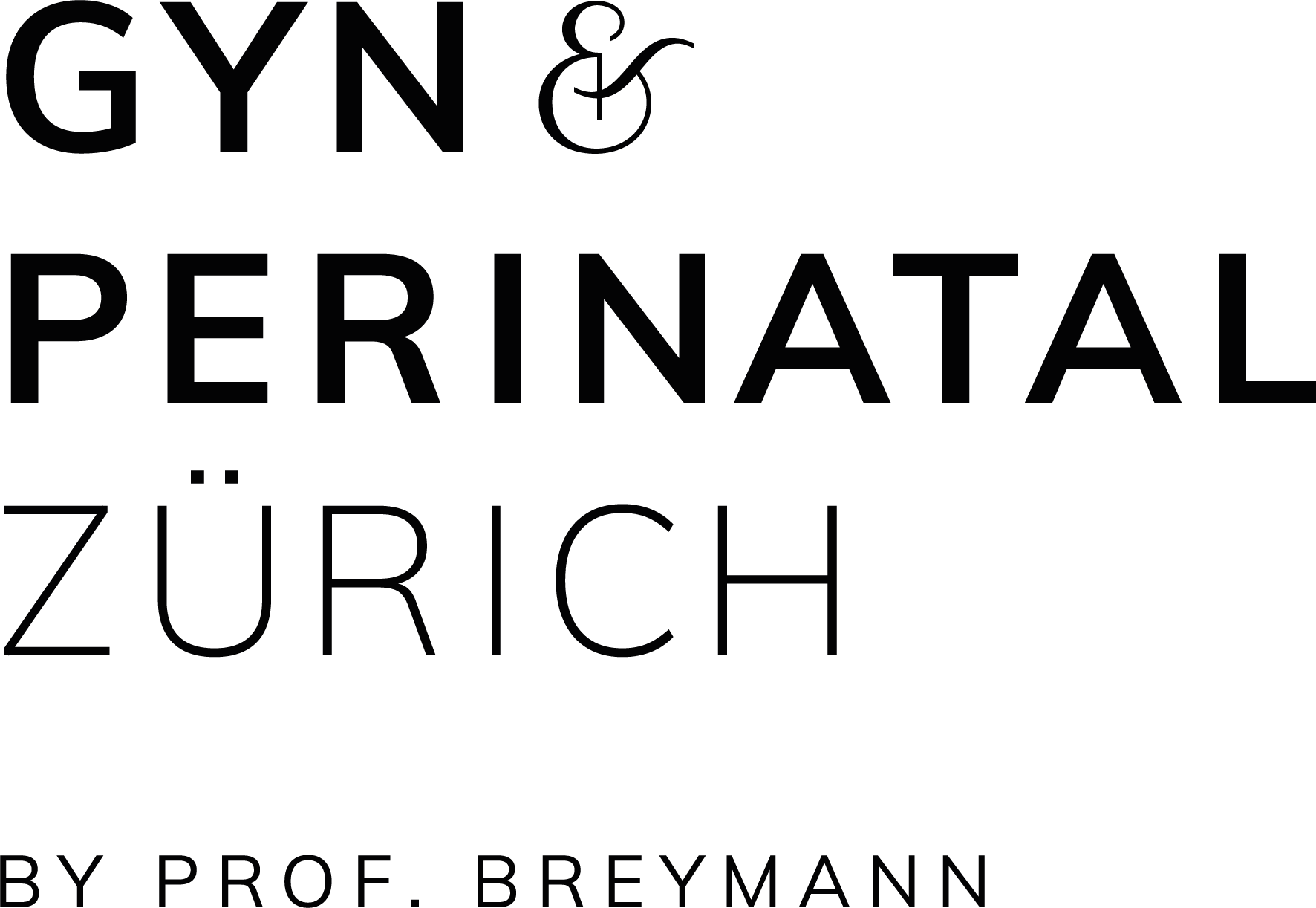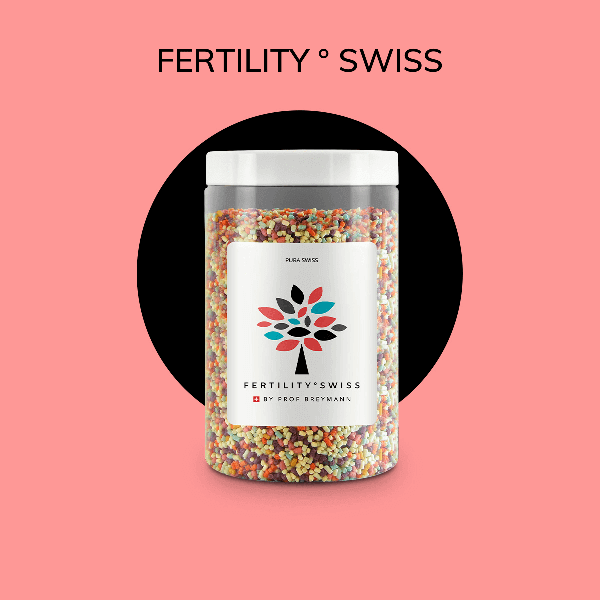The "puzzle" of wanting a child
A puzzle is made up of many pieces. Sometimes only small pieces are missing to form a real picture of it and to fulfil the wish to have a child.
Again and again, couples with an unfulfilled desire to have children come to us, where we discover previously undetected problems that we can often solve. Through our network of specialists, they benefit from our search for the pieces of the puzzle that may be missing in their case.
Our goal and my passion is to find them and help them from the desire for a child to the desired child. We look for individual solutions for you and listen to you carefully.
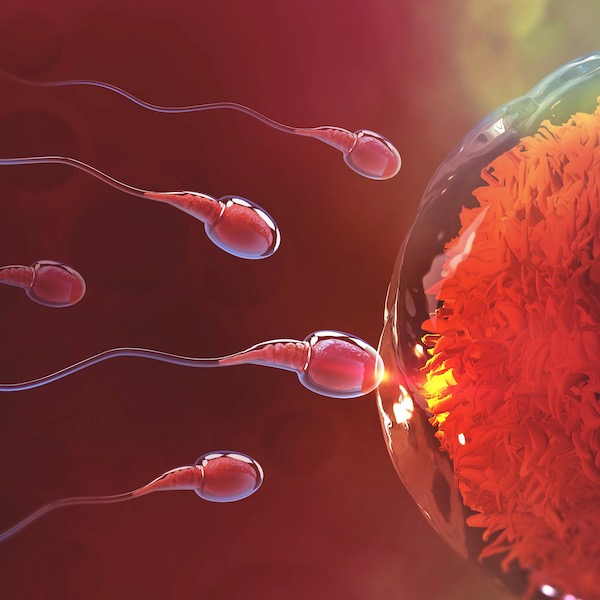
Desire to have children - Interview series with Andrea Rinderknecht
When it doesn't work out with getting pregnant, many women first see the cause in themselves. However, the reasons for an unfulfilled desire to have a child lie equally often with the woman, the man or the combination of woman and man. Around 10-15 percent of Swiss couples have difficulties in fulfilling their desire to have children. In the following videos, Andrea Rinderknecht and Prof. Dr. Christian Breymann discuss some of the issues surrounding the desire to have children.
